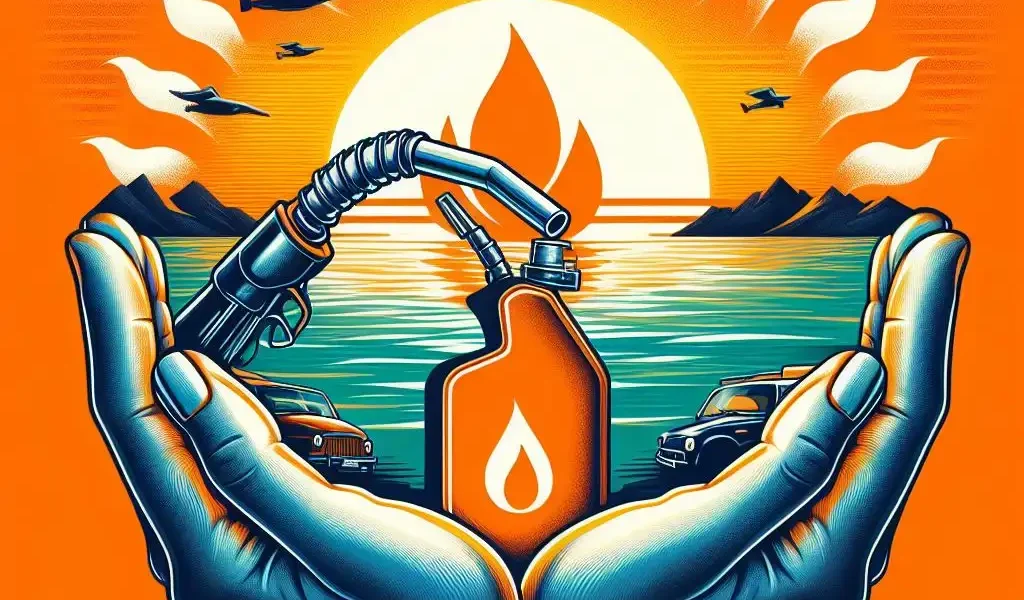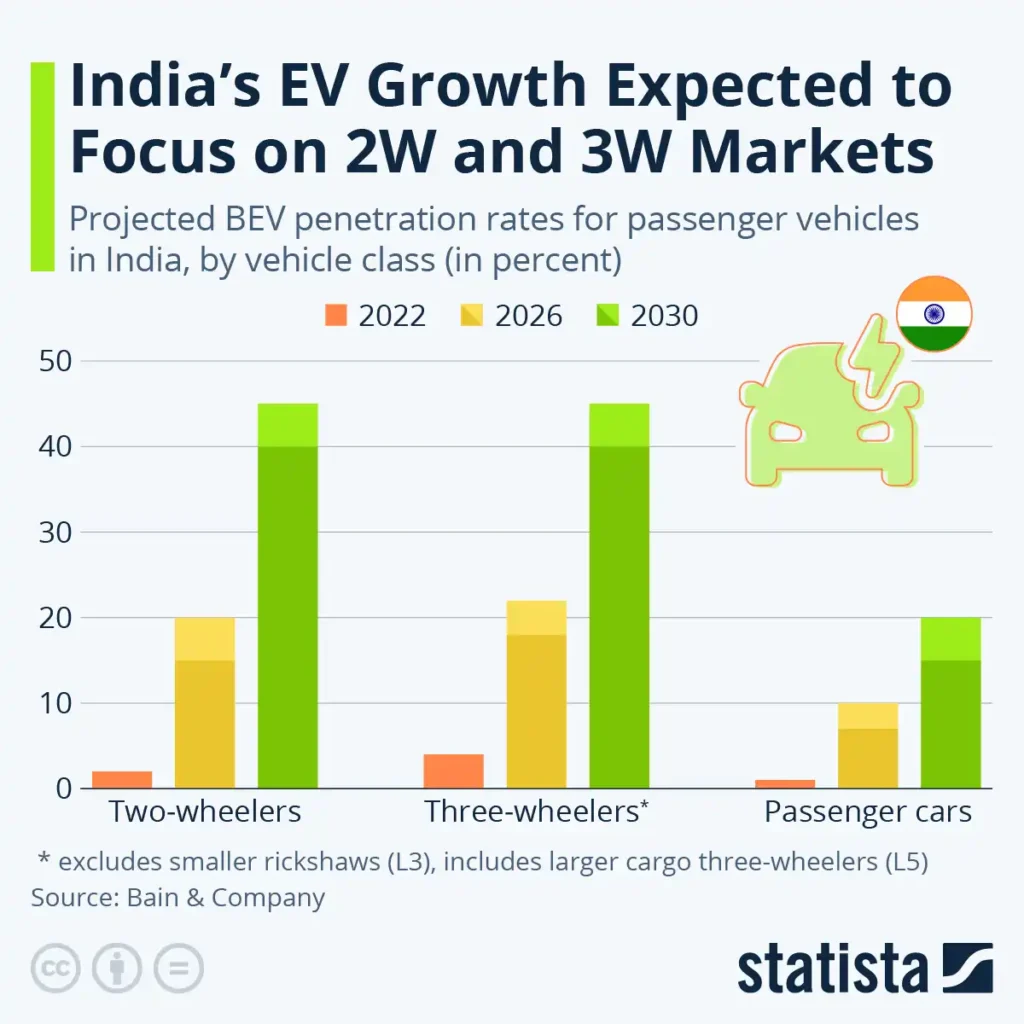petrol is priced at ₹96.72 while diesel stands at ₹89.62. In cities such as Mumbai and Bengaluru, the fuel prices have surpassed the ₹100 mark
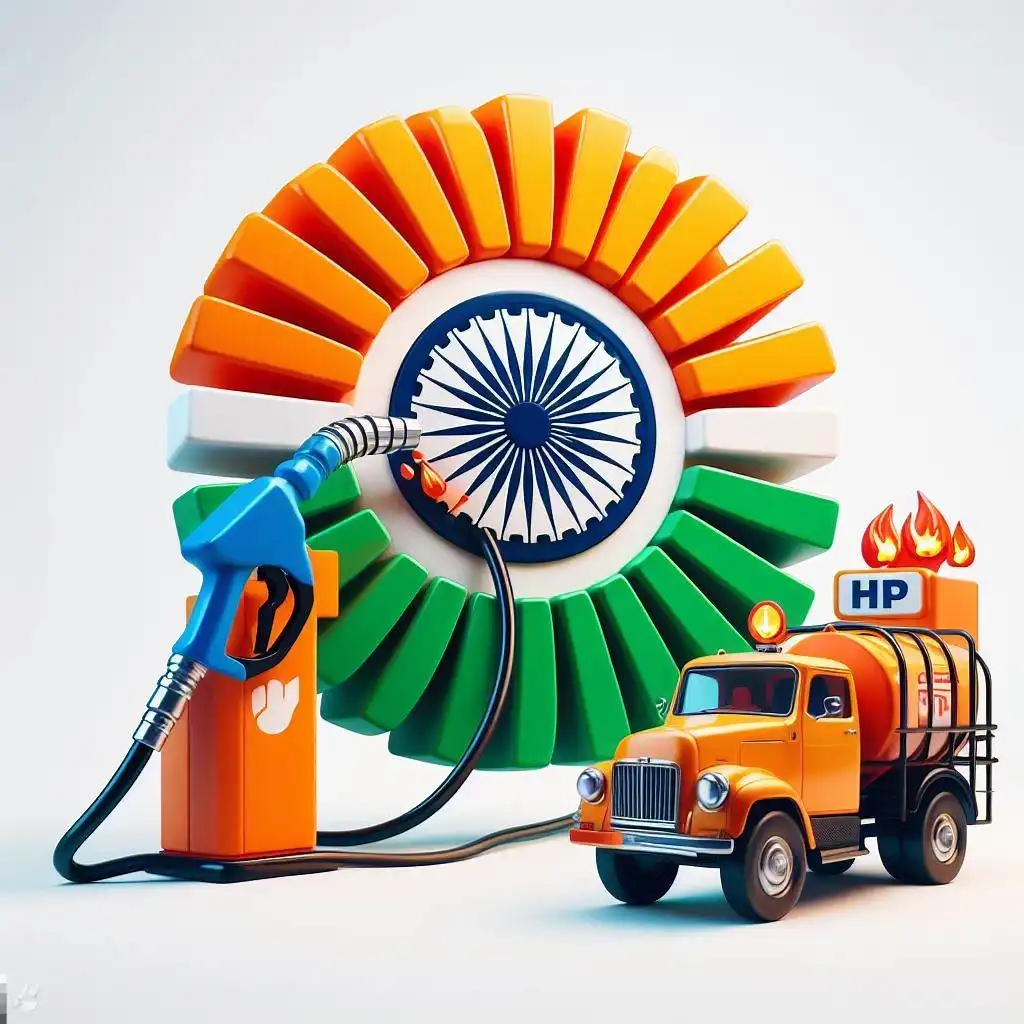
- The chorus of honks demanding cheaper fuel got a powerful voice today as Congress chief Mallikarjun Kharge lashed out at the government for holding petrol and diesel prices hostage despite a significant drop in global crude oil prices.
“Crude oil prices have shrunk like a Diwali mithai box, but our fuel pumps seem stuck in denial!”
- Rickshaw riders, truck drivers, and even weekend road trippers – everyone, Kharge argued, is feeling the pinch of stubbornly high fuel prices.
- He painted a picture of a squeezed budget, where every kilometer eats into hard-earned money.While the government remains tight-lipped on its fuel price policy, Kharge’s fiery criticism has put the issue back in the spotlight.
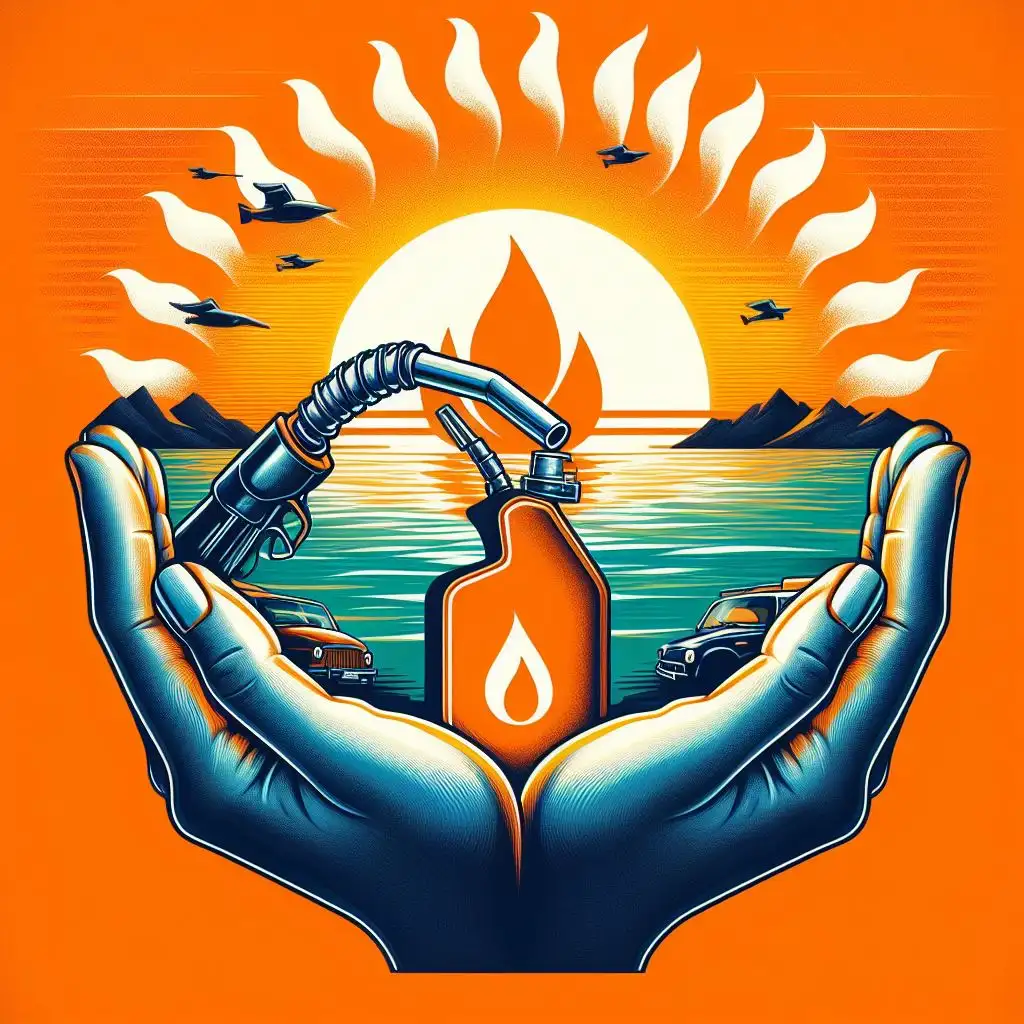
Will the government heed his call and finally bring some cheer to our empty fuel tanks? Only time will tell, but one thing’s for sure – the pressure for relief is only going to keep rising.
Our take on fuel price:
From the sweat-soaked brows of rickshaw drivers to the furrowed foreheads of weekend warriors planning road trips, the pain of exorbitant fuel prices is ubiquitous. Kharge painted a vivid picture of families forced to make agonizing choices between basic needs and filling their tanks.
“This is not about luxury items,” he thundered, his voice echoing the sentiments of a nation choked by the fumes of discontent. “We’re talking about essential commodities, the lifeblood of our economy and the livelihood of millions.”
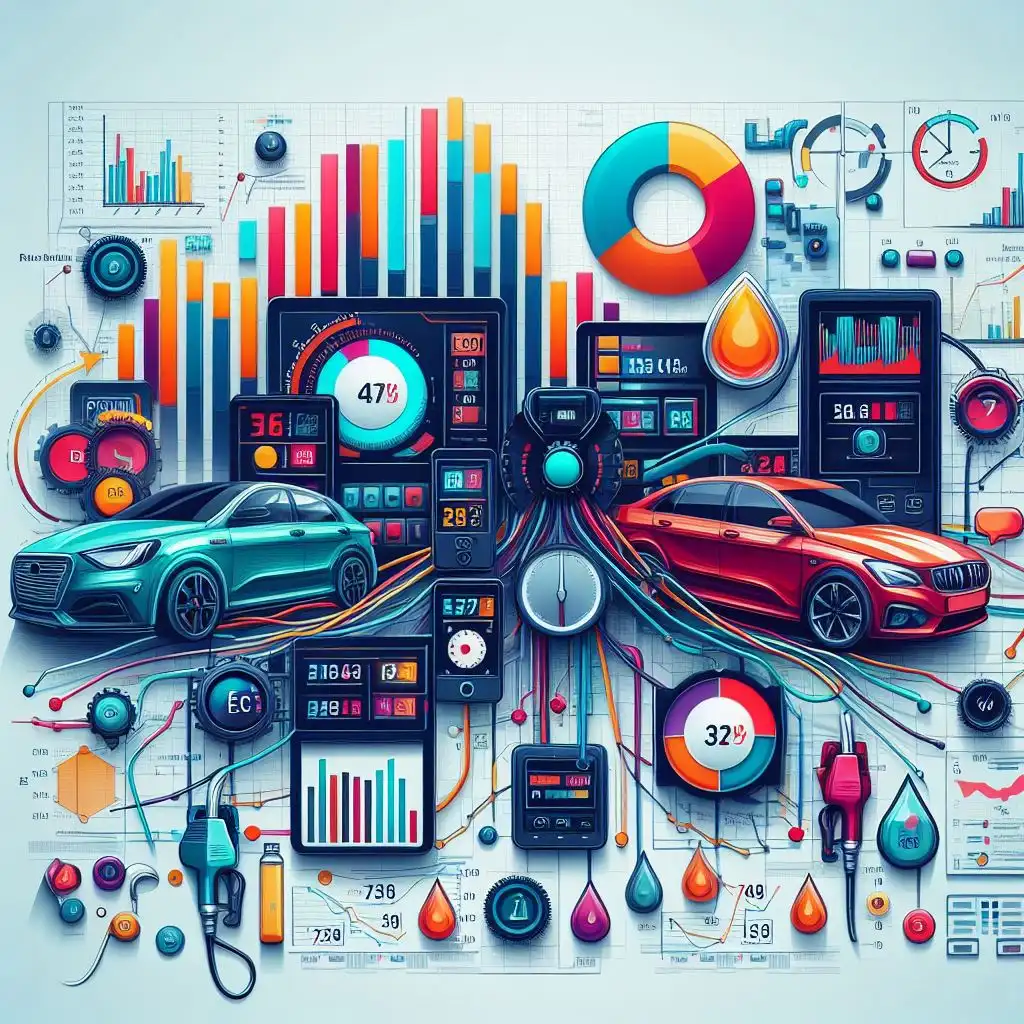
Meanwhile, whispers of possible fuel price revision policies are flitting like dust devils across the political landscape. Will the government cave in to public pressure and offer some much-needed respite to empty fuel tanks? Or will it remain stubborn, leaving millions to navigate an economic desert where every kilometer stings like a scorpion bite?
the simmering resentment in India towards high fuel prices and the perceived government insensitivity to global drops. Kharge’s fiery criticism challenges the status quo, urging the government to prioritize people’s livelihoods over profit. It underscores the human cost of inflation and fuels public pressure for a fairer deal at the pump. The saga, still unfolding, leaves us pondering the philosophy of equitable economics and the power of collective voice in demanding change.
Alternative Solutions For Fuel Prices :
as for as the only solution EV-Electric vehicles which is a growing sector in indian automobile landscape and people who are getting adapted to it increased in 10% in new delhi as per business times report and the there are multiple brands entered into this sector for eg: ola,ather,tvs,bajaj and plans to launch more affortable electric vehicles in 2024 second quarter especially in urban areas where the geography assures for their significant reach among layman who expects a proper fully equipped ev’s
Statista.com Reports on Ev growth in 2023
The share of battery electric vehicles( BEVs) among passenger vehicles with smaller than four bus is also anticipated to increase utmost snappily in the country to 40- 45 percent by 2030. In comparison, BEVs are anticipated to make up just 15- 20 percent of Indian passenger buses by that time. In absolute terms, this prognostic would see around 30 million electric two- wheelers, 6 million electric four- wheelers and 770,000 electric three- wheelers on India’s thoroughfares in 2030.
https://www.statista.com/chart/29091/india-ev-by-vehicle-type/
For marketable vehicles, relinquishment among light duty exchanges and busses is anticipated at 20- 25 percent and 15- 20 percent, independently, rephrasing into roughly 930,000 light marketable vehicles and around 175,000 motorcars by 2030. Like away in the world, EV relinquishment is slowest for heavy duty exchanges.
Let’s keep the conversation going, folks. Share your stories, raise your voices, and together, maybe we can turn this simmering discontent into a wave of change that washes over those stubborn pumps and finally brings some much-needed fuel-price cheer to our wallets. Remember, even the smallest spark can ignite a revolution, and in this case, the fuel of our collective voice might just be enough to bring back some fairness to the road ahead.
